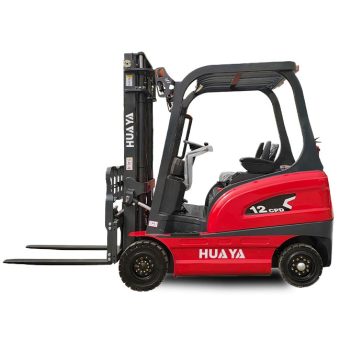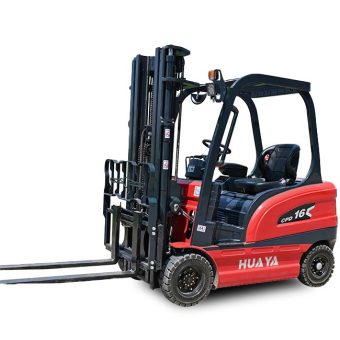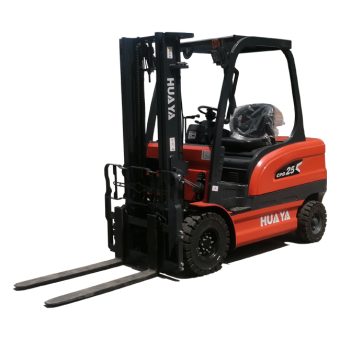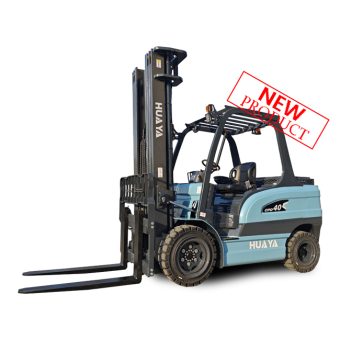
News
Forklifts are essential tools in various industries, playing a crucial role in material handling and warehouse operations. A key component of any forklift is its battery, and the efficiency and reliability of forklifts greatly depend on the quality of their battery chargers. Many often wonder if all forklift battery chargers are the same. In this article, we will explore the variations in forklift battery chargers and why choosing the right one is vital for your forklift operations.
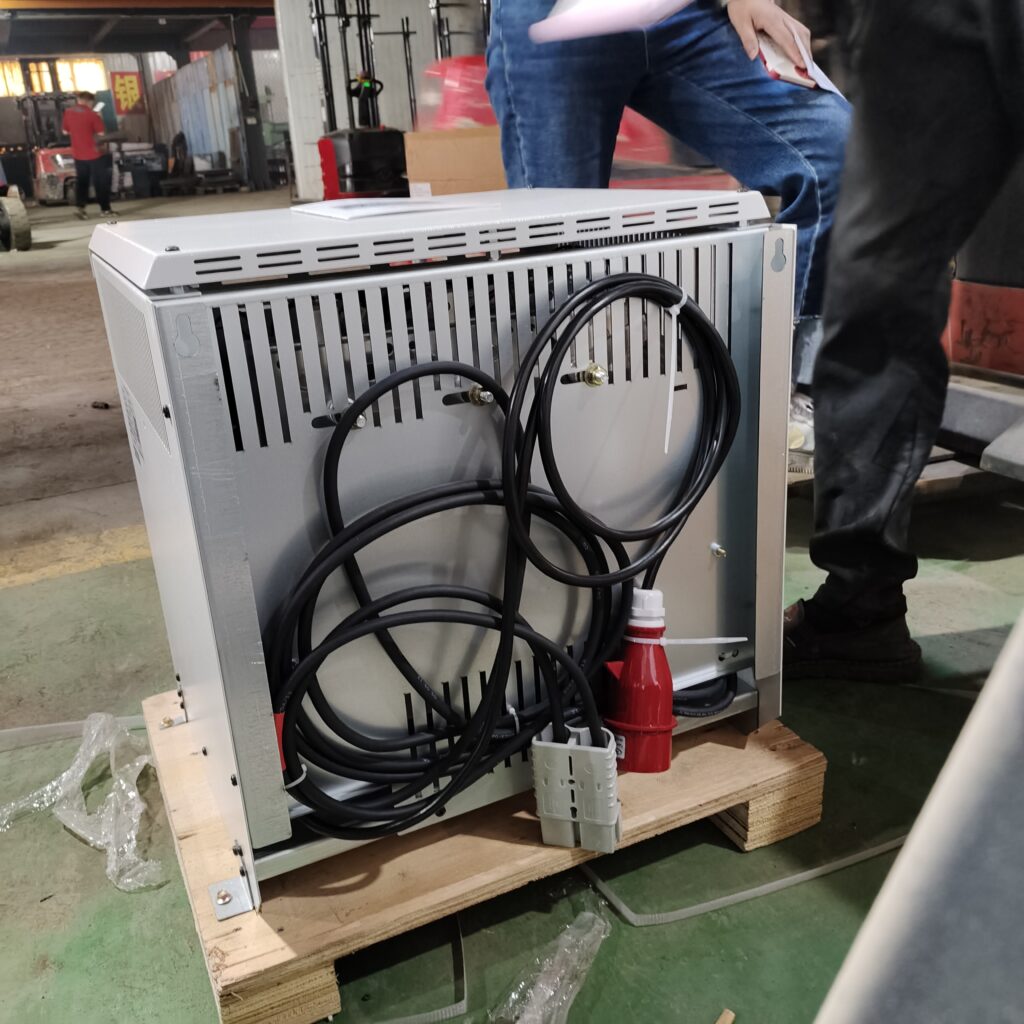
Forklifts are typically powered by lead-acid batteries, which require regular charging to maintain their operational capabilities. The battery charger used plays a significant role in ensuring that the forklifts remain functional and productive. These chargers come in various types, and understanding their differences is crucial to making an informed choice.
Forklift battery chargers can be broadly categorized into two main types: conventional chargers and high-frequency chargers. Conventional chargers are older technology, while high-frequency chargers are more modern and efficient. High-frequency chargers offer advantages such as faster charging times, reduced energy consumption, and better overall battery maintenance.
Forklift batteries come in different voltages and capacities, and the charger must match the specifications of the battery to ensure proper charging. Using a charger with incorrect voltage and amperage ratings can damage the battery and reduce its lifespan.
Some forklift battery chargers offer multiple charging modes, allowing for flexibility in the charging process. These modes may include fast charging for quick turnaround and maintenance charging for preserving battery life.
Advanced battery chargers come equipped with control and monitoring features. These can include voltage and temperature sensors, data logging, and the ability to customize charging profiles to suit specific battery types and applications. Such features contribute to efficient battery management.
Not all forklift battery chargers are compatible with all types of batteries. For example, some chargers may be designed specifically for flooded lead-acid batteries, while others can accommodate both flooded and sealed batteries. It's crucial to choose a charger that matches the type of battery your forklift uses.
Selecting the right forklift battery charger is more than just a matter of convenience. It directly impacts the efficiency and longevity of your forklift batteries and, by extension, your entire material handling operation. Here are some reasons why choosing the right charger is vital:
The right charger will help you extend the lifespan of your forklift batteries by ensuring they are charged properly and not overcharged, which can lead to reduced battery life.
A well-matched charger will help maintain optimal charge levels, ensuring your forklifts operate at peak efficiency, reducing downtime, and increasing productivity.
Efficient chargers can help reduce energy consumption, leading to cost savings over time. They can also minimize the need for frequent battery replacements.
Inadequate charging can lead to safety hazards such as overcharging or undercharging, potentially causing battery damage or even fires. The right charger will come with safety features to mitigate these risks.
Energy-efficient chargers have a smaller environmental footprint, reducing emissions and energy consumption, and contributing to a greener operation.
In conclusion, not all forklift battery chargers are the same, and selecting the right charger is crucial for maintaining efficient and reliable forklift operations. Factors such as charging technology, voltage, amperage, charging modes, control features, and compatibility with battery types all play a role in determining the suitability of a charger for your specific needs.
Investing in a high-quality forklift battery charger that matches your battery type and operational requirements is a smart decision. It can lead to longer battery life, increased operational efficiency, cost savings, improved safety, and a reduced environmental impact. Before making a purchase, consult with experts or manufacturers to ensure that you choose the charger that best suits your forklift fleet, contributing to the success of your material handling operations.
